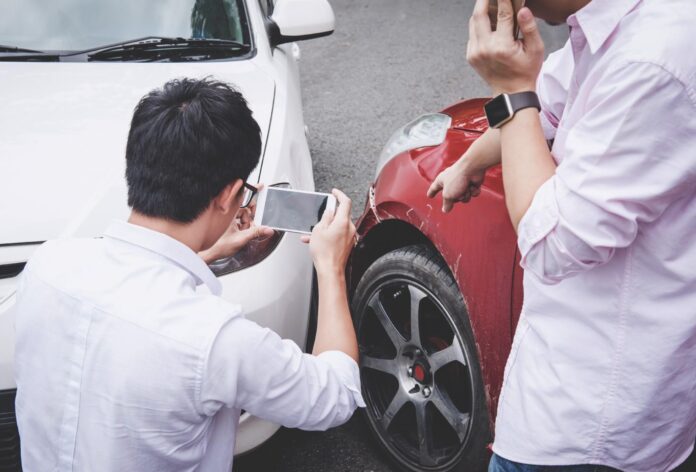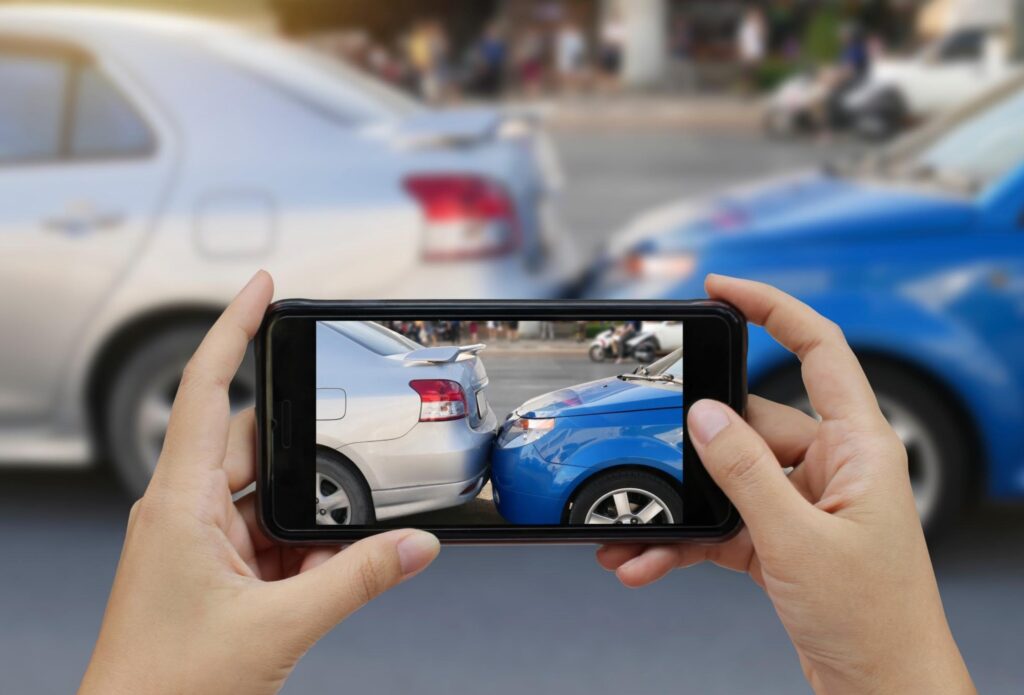Premises liabilities emerge when property owners allow visitors or customers into their property. When the property owner doesn’t maintain their property, they are open to liabilities that lead to lawsuits. When assessing the property, they must stay on task when mitigating the risks and protecting their visitors or customers. It’s vital for the property owner to train their workers to review each area of the property and set up signs as needed. The victims of premises liabilities consult attorneys and determine if they have a viable claim.
Did the Victim Have a Right to Be Inside or Around the Property?
When managing a premises liability case, the first aspect that must be addressed is whether the victim had the legal right to be on or inside the property. If it is a publicly accessible property, such as a store, the accident must happen during operating hours.
If it was a private residence, the victim must be either invited into the property or had the legal right because their job requires them to enter the property. This includes invited guests that came to the property or entered it, utility workers, and police or emergency services. Victims of a premise’s liability learn more about the cases by visiting www.lawboss.com right now.
Slip and Fall Accidents
Slip and fall accidents are caused by a variety of reasons in commercial spaces. For example, outside a building, a visitor could slip and fall because of ice or snow on the ground. In a retail store, someone could fall because the floor becomes wet during a rainstorm as customers walk into the building. The biggest issue that these property owners face is a failure to warn visitors or customers about the dangerous conditions. If a sign was visible, the victim was warned about the hazard and may not have a case.
Failing to Maintain the Property
When a property owner doesn’t maintain their property, it can increase the risk of a premise’s liability. A damaged property presents visitors with a wider array of hazards that cause accidents. For example, uneven flooring is a major tripping hazard and could cause a fall with injuries. Materials accumulating around the property present risks for visitors, too. When reviewing a premises liability, the cause of the injury must be a hazard of which the property owner was aware.
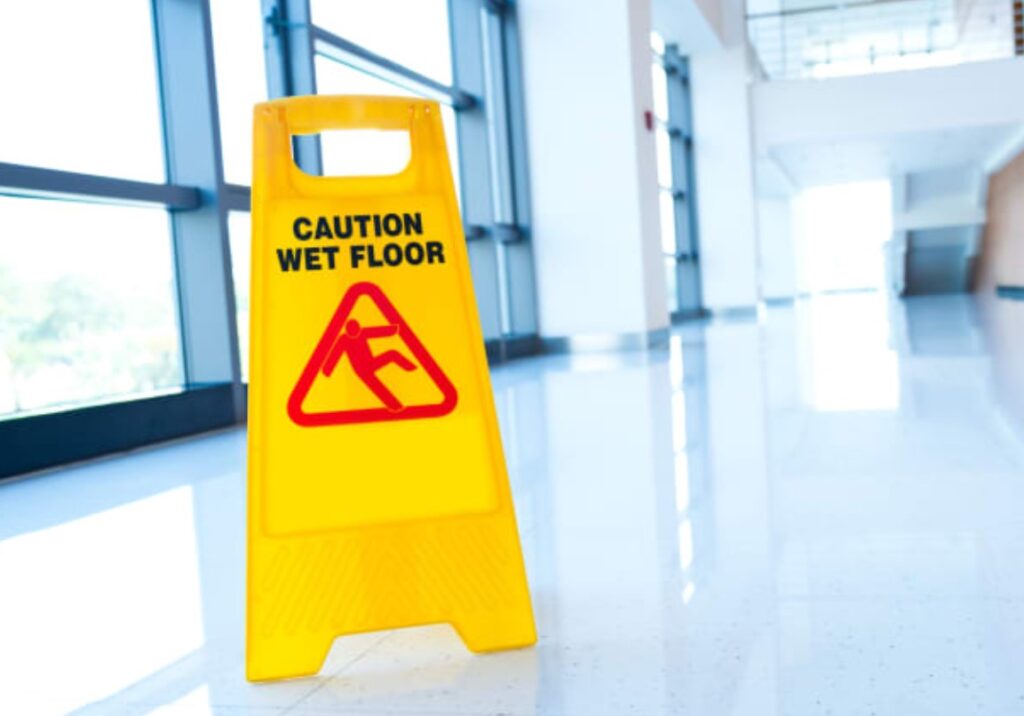
Inadequate Security for the Property
When hosting public events, the host must coordinate many aspects of the event, but security is of the utmost importance. Visitors must remain safe during the event, and the host must hire enough security guards to control the crowd and prevent altercations. All it takes is one person to cause several injuries during an event, and the host will face liabilities if they didn’t hire enough security guards to protect their visitors.
Elevator or Escalator Accidents
Elevators and escalators must be maintained according to state and federal laws. In fact, federal regulations outline how often the installations must be inspected, and the inspections define what issues they have. A property owner must provide a safe escalator or elevator. If the installations are not functioning properly, the property owner must shut them down until they are repaired appropriately. However, when the escalator or elevator is damaged, the property owner must block entry and keep visitors away from them.
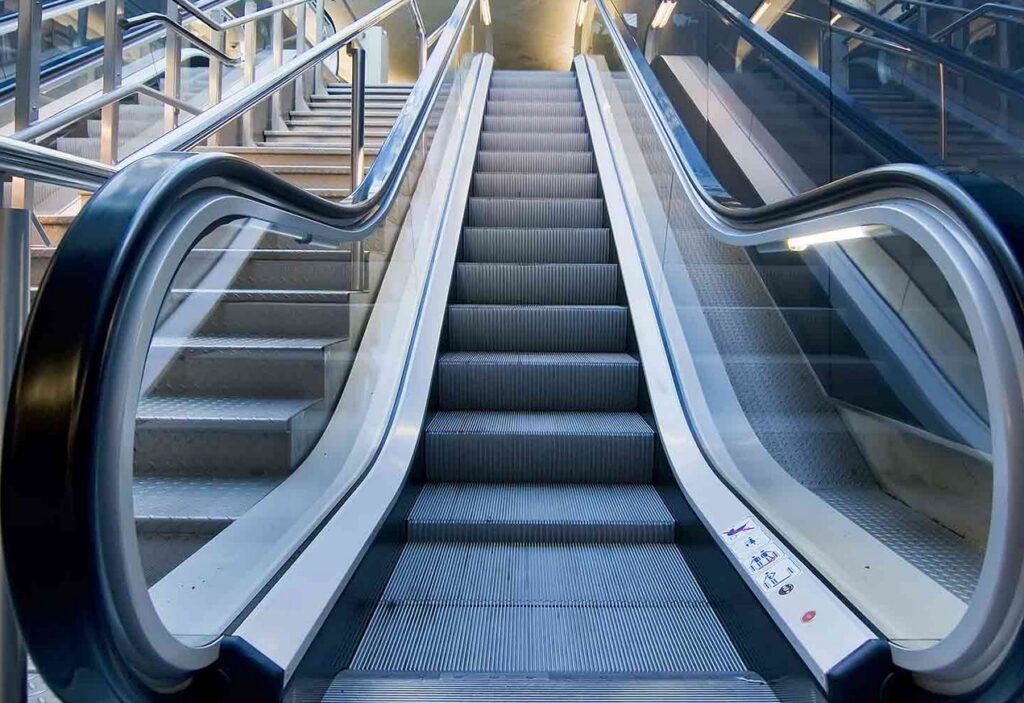
Swimming Pool Accidents
Public pools present a city or county with liabilities if the installation isn’t managed properly. The city or county receives a predetermined amount of funding to manage these installations. If a visitor becomes injured, the city or county becomes the defendant in a lawsuit.
The major issue in personal injury cases that involve public officials is that the victim is limited to one year to start their claim. It is vital for them to record the hazard that caused their injuries. When reporting the accident, the victim must act quickly and get evidence that supports their claim before the powers that be take steps to cover up the hazard and defend the elected official against a legal claim.
Dog Bites or Attacks
Dog bites or attacks present a risk of serious injuries if the pet owner doesn’t control their pet. The major problem that pets owners have is that they do not know how their pet will react to everyone. It’s a beneficial idea to separate their pets from anyone who could visit the home. When the pets are outside, the pet owner must use a leash or place their pet inside an outdoor enclosure. They cannot let their pets roam freely. If a visitor is bitten or attacked, they have the opportunity to seek compensation if the owner is liable.
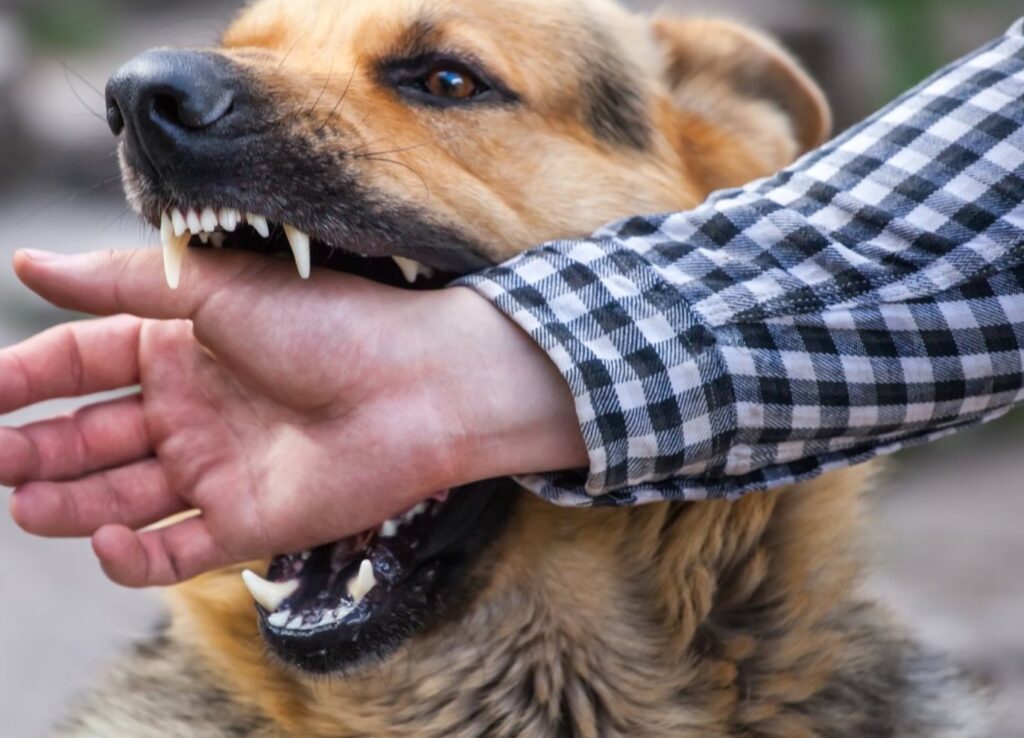
Exposure to Chemicals
Dangerous chemicals present a more serious risk to visitors and customers. A catastrophe such as an oil spill presents liabilities that lead to lawsuits. The leak leads to exposure of the community, and several people could sustain injuries because of the accident.
Oil spills can contaminate the local water supply, reach local properties, and people could get exposed to the chemicals. The injury type may also increase health risks for the victim, and they must present an effective case that shows the defendant caused their injuries because of the catastrophe that happened in their local area.
Exposure to Deadly Viruses
In the wake of the global pandemic, retail stores and businesses must follow extra precautions to protect their customers. Surfaces must be cleaned more effectively, and they must prevent risks to the public. If a customer contracts COVID-19 in the commercial property, the property owner faces liabilities.
Property owners must follow careful strategies to protect visitors and prevent accidents with injuries. It is vital for them to conduct inspections and determine where hazards are and how these hazards affect their customers or visitors.
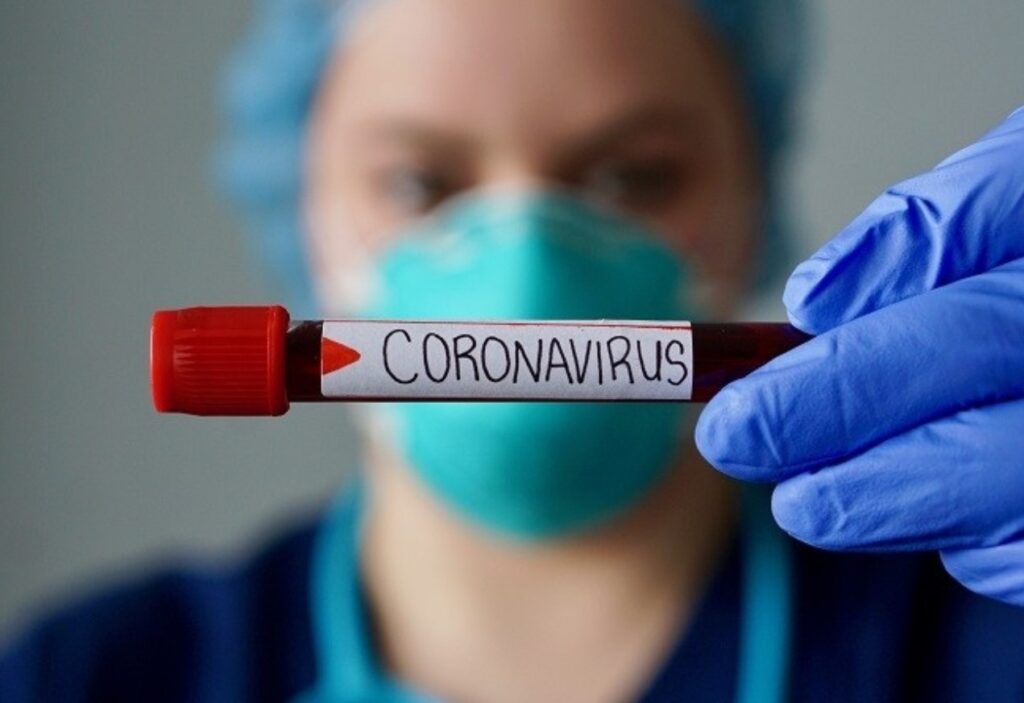
Commercial and residential property owners face a variety of liabilities that could lead to a lawsuit and a financial loss. An assessment of the potential hazards lowers the risk of an accident or injury. Victims that sustain injuries discuss their cases with an attorney as quickly as possible.

